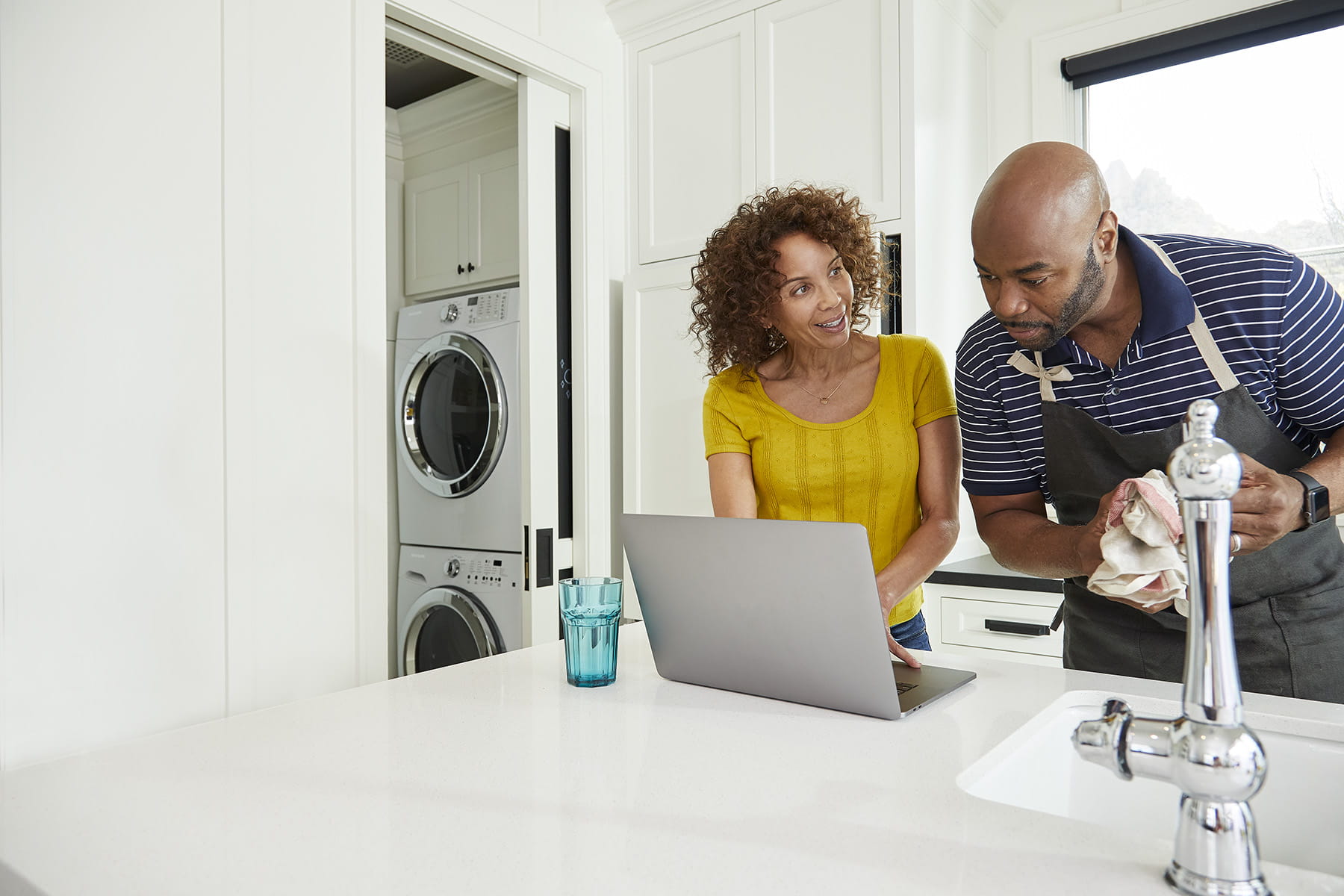A medida que envejece, podría notar que la espalda le molesta más que antes. Según el Centro Nacional de Estadísticas de Salud , las personas de 45 años o más son mucho más propensas a sufrir dolor de espalda que las personas más jóvenes.
El Doctor Jonathan Landsman, cirujano de columna de Banner Cerebro & Spine, explicó que las personas mayores corren el mismo riesgo de sufrir los mismos problemas que causan dolor de espalda en personas más jóvenes, como distensiones y esguinces. Además, factores relacionados con la edad, como la inflamación y la degeneración, también pueden contribuir al dolor de espalda en las personas mayores.
Aquí hay algunas razones por las que usted podría estar experimentando dolor de espalda a medida que envejece y lo que puede hacer para ayudar a reducir el riesgo.
1. Tu núcleo es débil
Un torso débil puede contribuir al dolor de espalda a cualquier edad. Pero como los músculos pierden fuerza, resistencia y flexibilidad con la edad, las personas mayores son más propensas a tener torso débil que las personas más jóvenes. Si usas los brazos para levantarte de una silla, es señal de que podrías no tener suficiente fuerza en el torso.
Lo que puede hacer: Con la aprobación de su médico, desarrolle la fuerza central con una rutina de ejercicios.
2. Te sientas demasiado
Quizás trabajas y pasas largos ratos sentado en un escritorio o al volante. O quizás estás jubilado y no eres tan activo como antes. También podrías estar teletrabajando y no tener una oficina ergonómica. Estos factores pueden contribuir al dolor de espalda que sientes.
Qué puedes hacer: Toma descansos cada 30 minutos aproximadamente para caminar, estirarte y descansar la espalda de la misma posición. Si es posible, organiza tu espacio de trabajo en casa para que la espalda tenga el soporte adecuado.
3. Tienes sobrepeso
Las personas con sobrepeso u obesidad son más propensas a sufrir dolor de espalda que quienes no lo padecen. Por lo tanto, si el peso ha ido aumentando gradualmente con el paso de los años, podría estar causando dolor de espalda. Esto se debe a que el exceso de peso podría ejercer más presión sobre la columna vertebral y, posiblemente, la inflamación asociada con la obesidad podría contribuir al dolor de espalda.
Qué puede hacer: Hable con un dietista o con su doctor para conocer formas de modificar su dieta que puedan ayudarle a perder peso.
4. Estás criando a tus nietos.
Como padre, probablemente te inclinaste para levantar a tu bebé de la cuna o subiste a un niño pequeño a tu cadera sin pensarlo. Como abuelo, probablemente no tengas práctica en levantar niños. Y puede que no los levantes con regularidad, así que tu cuerpo no está acostumbrado.
Qué puede hacer: Use las mismas técnicas de levantamiento que le han enseñado toda la vida: mantenga al niño cerca de usted, agáchese y levántelo con las piernas, no con la espalda. No gire al levantarlo.
5. Has desarrollado artritis.
La osteoartritis puede desarrollarse en muchas articulaciones del cuerpo, incluida la columna vertebral. Además del dolor de espalda, podría notar rigidez o menor flexibilidad en la espalda. La artritis también puede provocar estenosis espinal, donde la médula espinal se comprime dentro del canal espinal.
Qué puede hacer: Consulte con su doctor sobre ejercicios que le puedan ayudar. También puede probar antiinflamatorios no esteroideos (AINE), cremas tópicas, medicamentos medicamento recetado e inyecciones.
6. Estás deprimido
La depresión puede causar síntomas físicos como dolor de espalda, y dolor de espalda puede causar problemas de salud mental como la depresión. Las afecciones médicas, el estrés, el aislamiento social y las limitaciones funcionales pueden contribuir a la depresión en las personas mayores. Y aunque se habla mucho de depresión en adultos jóvenes, es casi igual de común en personas de 45 años o más. Además, es menos probable que las personas mayores busquen atención médica para problemas de salud mental.
Qué puede hacer: Una combinación de medicamentos y terapia funciona para muchas personas con depresión. Pídale a su doctor que lo derive a un profesional de la salud mental.
7. No duermes lo suficiente
Cuando no duermes de siete a nueve horas regularmente, o no tienes un sueño reparador y reparador, tienes más probabilidades de sufrir dolor de espalda. Los problemas de salud, los medicamentos y el estrés pueden afectar tu capacidad para dormir bien a medida que envejeces.
Qué puede hacer: Mantenga una buena higiene del sueño : acuéstese a la misma hora todas las noches y mantenga su habitación fresca, oscura y cómoda. Si no recuerda la última vez que cambió su colchón, considere cambiarlo.
8. Fumas
Conoces muchas de las maneras en que fumar puede perjudicar tu salud, pero quizás no sepas que está relacionado con el dolor de espalda. Y las personas que fuman más cigarrillos reportan tener más dolor de espalda.
Lo que puede hacer: Intente reducir el consumo de tabaco o dejar de fumar por completo .
El resultado final
Desde el aumento de peso hasta la debilidad muscular y la depresión, las personas mayores tienen factores que pueden aumentar su riesgo de dolor de espalda. Pero usted puede tomar medidas para mantener su espalda fuerte, sana y sin dolor.
¿Necesita ayuda para diagnosticar y tratar el dolor de espalda?
Para obtener más información sobre su dolor de espalda y cuello , realice nuestra cuello gratuita. Programe una cita con un médico de cabecera cerca de usted .


